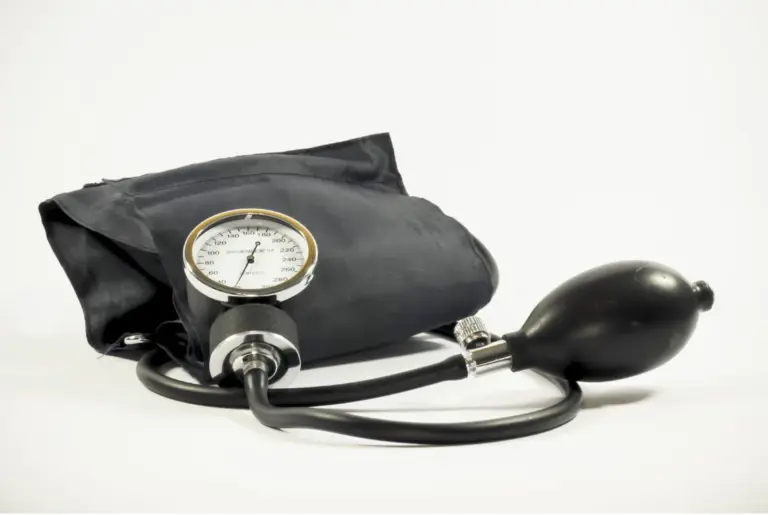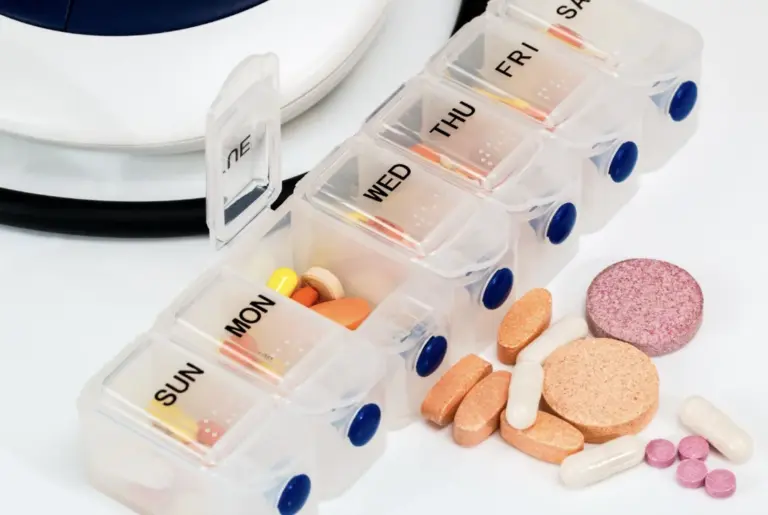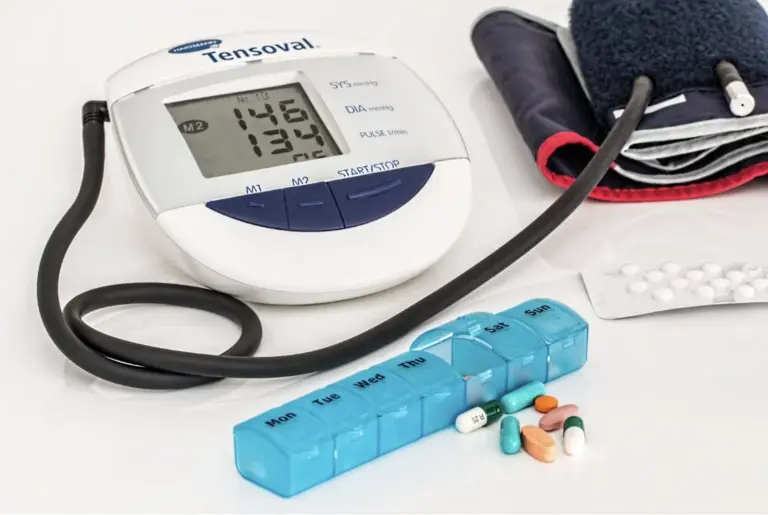Hypertension or high blood pressure is a chronic cardiovascular condition characterised by having blood pressure levels over 140/90 mm Hg. You will be surprised to know that hypertension affects nearly 30% of the world’s adult population, and the numbers are only increasing. It is vital to monitor and bring down blood pressure levels with a healthy diet, regular exercise, and lifestyle change.
Did you know that hypertension occurs in about 90% of people with chronic kidney disease? It may seem shocking, but hypertension with chronic kidney disease is a common presentation as hypertension is both an effect and cause of chronic kidney disease. Here on BPinControl, let’s look at the link between hypertension and chronic kidney disease and the most effective ways to manage them.
What is Chronic Kidney Disease?
Chronic Kidney Disease (CKD) is widely prevalent and affects around 10 to 15% of the world’s population. The incidence of this chronic disease is only increasing. Chronic kidney disease is when the individual’s kidneys show reduced function with an estimated glomerular filtration rate of less than 60mL/min/1.73 m2 or kidney damage for over three months.
How is Hypertension Diagnosed in People With Chronic Kidney Disease?
People having chronic kidney disease almost always have high blood pressure. If your doctor suspects hypertension, they may use a simple blood pressure monitoring device to measure your numbers for the management of hypertension. They may also ask you to visit regularly to record your blood pressure readings. People with hypertension who are suspected of having chronic kidney disease may be required to undergo the following tests:
- Blood creatinine test
- Urine test for protein
- Urine test to detect red blood cells or white blood cells
- Ab blood test for glucose
- An electrocardiogram (EKG)
How are Hypertension and Chronic Kidney Disease Related?
The kidneys are responsible for:
- Eliminating waste and extra fluids from the body
- Release hormones help control blood pressure, promote strong bones and prevent anaemia by increasing the red blood cell count.
- Maintain the right balance of minerals like sodium, potassium, and calcium
- Maintain the acid-base balance in the body
When your kidneys don’t function normally, a build-up of waste, fluids, and an imbalance of minerals can make you sick. Hypertension and chronic kidney disease are interlinked and rather profoundly. Here’s how:
- Hypertension, over time, can damage blood vessels in the body, reducing blood supply to vital organs like the kidney. High blood pressure also damages the tiny filtering units in the kidneys, which stop functioning normally to remove fluid and wastes from the blood. As a result, blood pressure continues to rise.
- Hypertension is also a compilation of chronic kidney disease. The kidneys play an essential role in maintaining your blood pressure within a healthy range. The kidneys cannot effectively regulate blood pressure in chronic kidney disease, resulting in hypertension.
So, in a way, hypertension and chronic kidney disease have the potential to make each other worse.
Who is at Risk?
All individuals having hypertension are at a high risk of developing chronic kidney disease if they do not follow the prescribed treatment protocol to keep their blood pressure levels within the normal range.
Managing Hypertension in Adults with Chronic Kidney Disease
If you have hypertension with chronic kidney disease, your treatment plan will involve several components depending on your chronic kidney disease stage. The goal of managing hypertension with CKD is to lower your blood pressure levels below 130/80 mm of Hg and reduce your risk of developing cardiac complications.
Here’s what your treatment will include:
-
Regular blood pressure monitoring
Regularly monitoring your blood pressure will enable you to keep a tab on your numbers. It will also help your doctor prescribe the appropriate measures to ensure your blood pressure remains within the optimum range.
-
Lifestyle changes
Some lifestyle changes that can help you keep your blood pressure levels regular are–
-
- Lose weight and maintain a healthy BMI
- Get 30 minutes of moderate exercise every day. Always get your fitness routine evaluated by your doctor.
- Reduce the amount of sodium in your diet and cut back on foods rich in saturated fat and cholesterol.
- Control the carbohydrates in your diet (they should account for only 50% to 60% of your daily calories)
- Keep a tab on the quantity of protein you eat. Ask your doctor how much is permissible for you each day.
- Quit drinking and smoking
Medication
Take your medications as prescribed by your doctor, and do not abruptly stop taking your medications.
- Visit your doctor regularly and report any side effects you may experience during your treatment.
To Sum Up
If you have hypertension and chronic kidney disease, you must make significant changes to your lifestyle. While prescribed medications play a critical role in reducing your risk for cardiovascular and renal complications, you must monitor your diet, exercise regularly, and keep your stress levels low. It is always better to trust an expert or specialist’s opinion when effectively managing hypertension and chronic kidney disease. Speak with an expert to understand the link between hypertension and chronic kidney disease. Visit BPinControl for more information on hypertension management for adults with kidney diseases.
Disclaimer
The information contained in this article is to educate, spread awareness in relation to hypertension and other diseases to the public at large. The contents of this article are created and developed by BPinControl.in through its authors, which has necessary, authorisations, license, approvals, permits etc to allow usage of this articles on The Website. The views and opinions expressed in this article are views, opinions of the respective authors and are independently endorsed by doctors. Although great care has been taken in compiling and checking the information in this article, The Website shall not be responsible, or in any way liable for any errors, omissions or inaccuracies in this article whether arising from negligence or otherwise, or for any consequences arising therefrom. The content of this article is not a substitute for any medical advice. The Website shall not be held responsible or liable for any consequence arising out of reliance on the information provided in the article.




